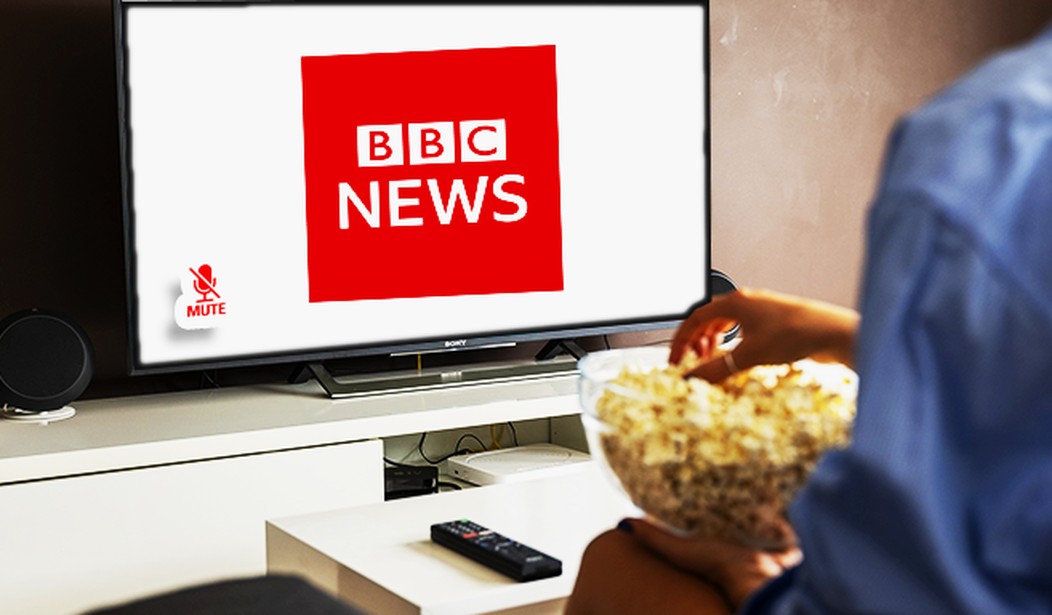The British Broadcasting Company (BBC), established by royal charter in 1927, was operated by the government and, before too long, became a news outlet trusted like no other in the UK.
In early July 1940, Great Britain effected the "Miracle of Dunkirk," and although 225,000 soldiers (and another 114,000 Frenchmen) were evacuated from France, all of Great Britain's heavy guns, tanks, and most of its weapons were left behind.
On July 19, 1940, Hitler addressed the Reichstag, offering England and France "reasonable" terms. England's empire would be untouched. There would be no occupation.
Winston Churchill responded within minutes, strongly rejecting the offer and promising that the British would fight.
On July 22, the BBC German language news program broadcast a response, categorically rejecting Hitler's offer, ridiculing the proposal as madness.
Many in Great Britain believed that the BBC had crafted the response independently. In truth, the response was created by the War Department. But the British people had come to trust the BBC so implicitly, and come to identify the BBC as "England," that it wasn't until after the war that the British people heard the truth about the incident.
This was the world in which the BBC was born and where it grew to be a source for what was happening like no other. It broadcast the news in 34 languages, in many countries where independent news was outlawed.
"Especially after the war, the BBC came to occupy a role contiguous with the Church of England: as diffident but still mostly trustworthy repository and delivery-mechanism for such collective morals as post-imperial Britain was able still to agree on," writes Mary Harrington in UnHerd.
Its mission statement was "to inform, educate, and entertain." The BBC's Royal Charter required it to maintain a "neutral" point of view on the news. Much of the country saw the BBC as a neutral observer. Its editorial comments were few and far between.
That quaint notion of neutrality was blown up last week when an explosive memo surfaced in The Telegraph. The memo was written by an independent adviser to the BBC’s Editorial Guidelines and Standards Committee, Michael Prescott. The watchdog "was utterly appalled at the nature and scale of the BBC’s biased, misleading, and untruthful reporting that had been reported to the standards committee but had been brushed aside by BBC executives," writes Melanie Phillips of The Free Press.
The BBC had folded, spindled, and mutilated Donald Trump's speech on the Ellipse on January 6, 2021, to make it appear he had called for violence. PJ Media has covered this story from several angles.
BBC Director-General Tim Davie and the CEO of BBC News, Deborah Furness, were forced to resign. However, the real story is that this was the final nail in the coffin for the BBC, which, for half the world, has lost relevance and trust and won't be able to get it back. There is suspicion now where there was little before. The entire news-gathering operation has been proven to be biased. It is the death rattle of a British institution that faced down the Nazis; was a source of comfort during tragedy and natural disaster; and reported on politics in a deadpan, straightforward manner that gained the trust of listeners and viewers around the world.
Then, the internet happened.
This dissolution of “truth” into tribal trench warfare is now the basic structure of what we used to call “the public conversation”. Huge amounts of money, status, and political influence are already at stake in this new environment; one the BBC, which was designed as a one-to-many vehicle for transmitting respectable establishment consensus, is hopelessly ill-equipped to navigate. For as in each of the flashpoint issues in the Prescott dossier, what’s at stake is often not the facts, so much as what the facts mean. And, for a national broadcaster tasked with impartial reporting, this presents an often impossible dilemma. There’s often no way to report on such a contested issue without effectively picking a “side”, which is to say an interpretation of those facts, even if only in choosing what to omit. For example (according to Prescott’s dossier) the BBC’s transgender reporting routinely centred trans experience, but omitted the voices of detransitioners.
The BBC became unmoored from its traditional role as neutral gatekeeper because many issues today are impossible to be "neutral" about. All three of the dossier’s bias points —Trump, Gaza and gender ideology — have this quality.
The BBC kept repeating a Hamas figure that "70% of Gaza dead were women and children." Earlier this year, the UN revised that figure to 52%. This was a clear example of putting their finger on the scale to make Israel look like heartless killers.
There are a dozen other examples of rank bias by the BBC. And these were just the examples that Prescott wrote about. As Melanie Phillips points out, the entire worldview of the BBC is similar to the worldview of the radical left in the U.S.
BBC executives, like many, if not most, of its journalists, believe that their left-wing mindset is the political center ground and thus embodies balance, fairness, and truth. Anyone who challenges that mindset is therefore axiomatically regarded as an extremist or hopeless partisan and is self-righteously ignored.
The BBC embodies a hermetically sealed thought system. It has betrayed its core Charter principles of truth and fairness and is a disgrace to journalism. The case for defunding it is now overwhelming.
As long as that institutional bias persists and the radical left remains dominant in the formerly hallowed halls of the BBC, there is no salvaging this public media project. The BBC needs to go, and its media space should be occupied by others who are less partisan.










